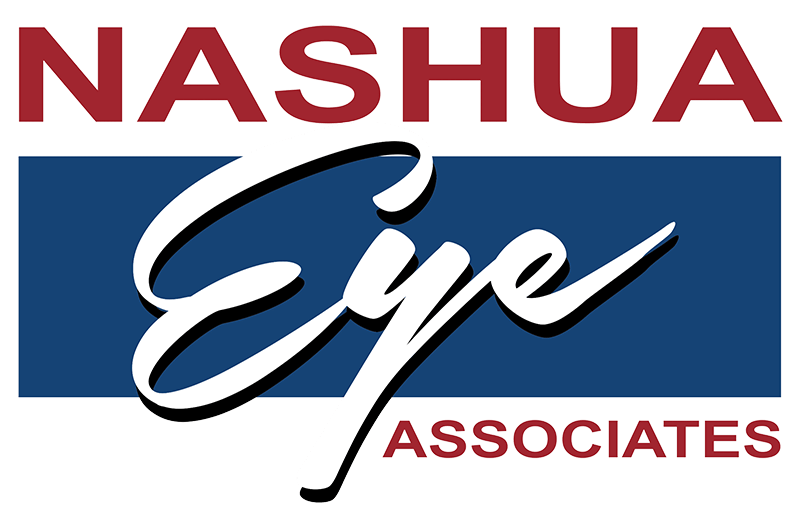LASIK Alternatives
Photorefractive Keratectomy, or “PRK”, is a laser vision correction surgery that corrects nearsightedness, farsightedness, and astigmatism. During the evaluation for refractive surgery, your Nashua Eye surgeon may find PRK is the safest and most effective option for you. In particular, patients who have thinner corneas or patients who have very large amounts of nearsightedness or farsightedness may benefit from PRK.
PRK differs from LASIK in a few features. During the procedure itself, unlike LASIK, a corneal flap is not created. Rather, the very superficial layer of the cornea, called the “epithelium”, is removed, and the laser is applied to reshape the cornea beneath. From the patient’s perspective, the vision is somewhat blurry for about a week after the procedure as the epithelium heals. For this reason, many PRK patients elect to have surgery on each eye on separate days, typically 3 or 4 weeks apart.
When university studies compare LASIK and PRK, patients are equally satisfied with the clarity and quality of vision after the eyes have healed. Your surgeon would know by a refractive surgery consultation which procedure is best for you.




